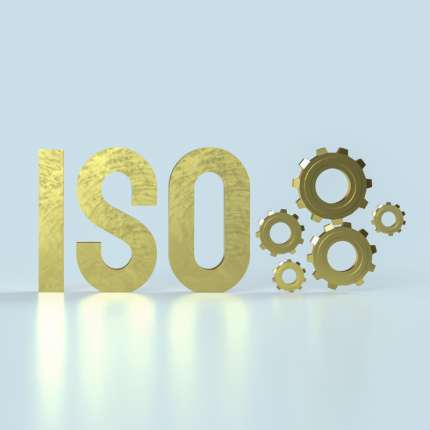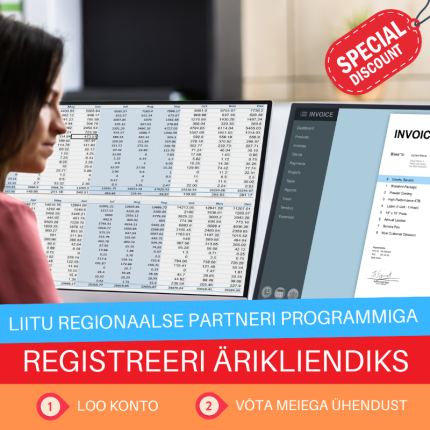Quality management is investment sustainable entrepreneurship.
The best results in the development of the quality management system will be achieved through a combination of training, advice and audits. Successful implementation requires the commitment of the organisation and the involvement of all levels of governance. Employees are trained on standard requirements and different aspects of work organisation are discussed in small working groups. The consultant acts as a moderator and helps document the system on the basis of “as much as necessary but as little as possible.” Documents can be improved and specified in the future.
ISO 9001 is an international standard that defines the basic requirements of the quality management system to ensure that the promises made to the customer are fulfilled. The ISO 9001 standard is often used as a measure of the quality of suppliers and partners – the existence of a certified or standard-compliant documented management system may be one of the criteria for the award of calls for tender or the evaluation of suppliers. As the wording of the standard requirements is very general, the biggest challenge is often to find a suitable and reasonable interpretation for the organisation. The introduction of the ISO 9001 standard often tends to create complex, over-documented and bureaucratic systems that are not accepted by people working in the organisation and which will become excessively difficult to manage in the future.







